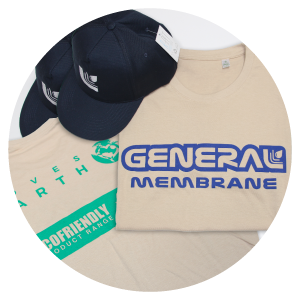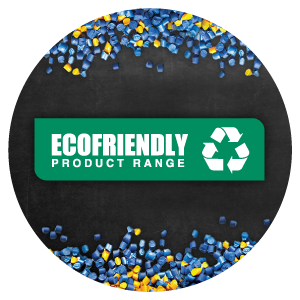The General Membrane Loves Earth project is the Company's manifesto which declares its commitment to the protection and safeguarding of the environment.
General Membrane loves the Earth, and therefore is committed to making its contribution to building a more sustainable future.
The long-term goal is to create an ecological awareness both within the Company and in the reference context, so that every project, product or action is geared towards protecting the world of tomorrow, the one of our children.
The General Membrane Loves Earth project stems from the Company's green philosophy, collects the initiatives undertaken so far and aims to continuously stimulate new awareness actions.
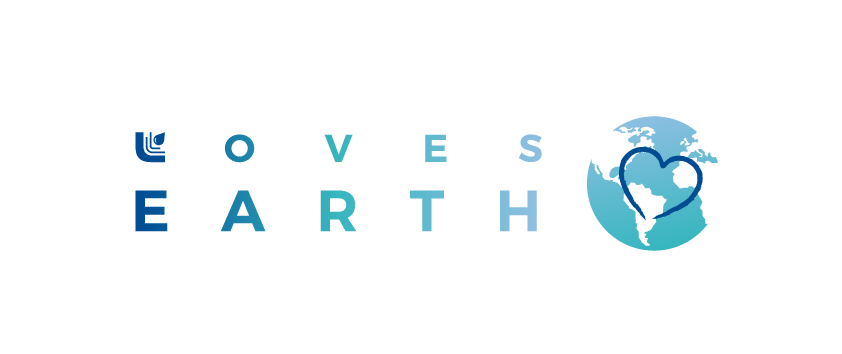
We do not inherit the Earth from our ancestors; we borrow it from our children.

HIGHLIGHTS - 2021 Initiatives
SUSTAINABLE PRODUCTION PROCESSES
General Membrane has put in place multiple initiatives aimed at ensuring an environmentally friendly production process.
The Company installed in 2009 the General Solar PV waterproof flexible photovoltaic system on the roof of its production site in Ceggia (VE). The plant has a power of 200 KWp and is spread over an area of 3500 square meters. All the energy produced contributes to meeting the Company's energy needs, allowing it to reduce carbon dioxide emissions by over 50,000 kg per year. The extraordinary results achieved led the Codognotto Group, of which General Membrane is a part, to install General Solar PV systems for a total of 1,376 KWp at some of its logistics sites, covering 30% of its energy needs.
Alongside this, the effort to reduce the impact of the production cycle on the environment has led General Membrane to install a new generation heat generator, which has made it possible to reduce fine dust emissions by over 50%.
In addition to the aspects strictly related to the manufacturing activity, the Company's commitment has also invested other areas: from the design of buildings created to ensure the greatest possible natural lighting, to the responsible choice of office supplies where only recycled paper and LED lights are used, through the scrupulous separate waste collection, up to the provision of water bottles for all staff to eliminate the use of plastic bottles, and to the use of ecological company clothing items.
Would you like to know more?
All the stages of our green route are available at the bottom of the page.
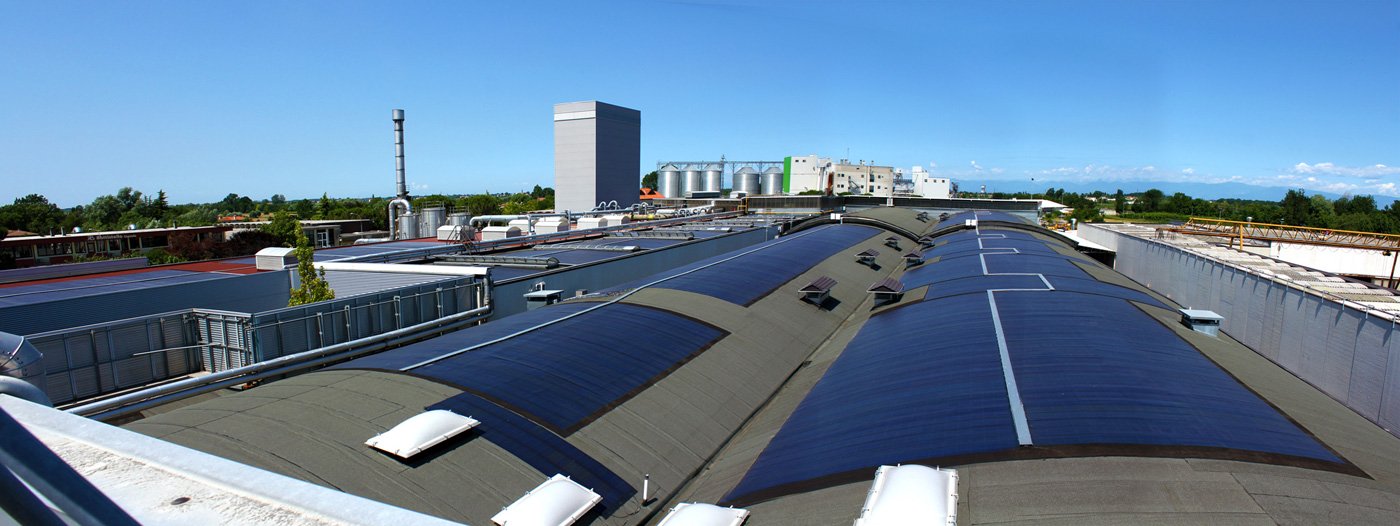
ENVIRONMENTAL SUSTAINABILITY CERTIFICATIONS
General Membrane works for a present, and contributes to building a future, in which sustainable building is the norm and not a meritorious exception. The proposed waterproofing solutions use exclusively recyclable materials and are produced with respect for the environment and the people who populate it.
The desire to make transparent its efforts in favour of the environment has led the company to obtain important certifications internationally recognized:
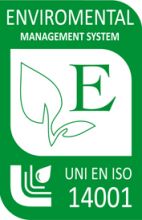
Voluntary certification of the Environmental Policy adopted, according to the international standard of Environmental Management System UNI EN ISO 14001
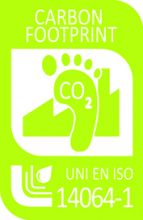
Mapping of its own Carbon Footprint, certified according to the international standard UNI EN ISO 14064
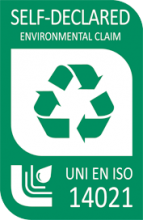
Voluntary certification UNI EN ISO 14021, the international standard that authorizes the Company to issue environmental product claims
BEYOND THE SUSTAINABILITY OF THE COMPANY:
PRODUCTS AND PRODUCTION TECHNIQUES FOR SUSTAINABLE BUILDING
To produce its waterproofing membranes, General Membrane favors the use of eco-compatible materials, including the use of recycled raw materials: the polyester with which the reinforcements of the waterproofing membranes are produced comes from the recovery of PET bottles deriving from the separate collection of municipal waste, and the modifying polymers used can derive from the recycling of post-consumer plastics.
The membranes themselves, at the end of their life, are completely recyclable (they can become, for example, asphaltic conglomerates that repair our roads), thus reducing their overall environmental impact and promoting sustainable building.
Last but not least, the durability that distinguishes General Membrane products is a very important factor for sustainability: it is in fact necessary to adopt a long-term perspective in the design of a sustainable building, since also through the evaluation of the service life of the elements that compose it the actual impact on the environment can be calculated.
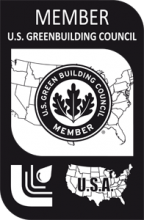
General Membrane's environmental sensitivity is realized not only through the optimization of its production processes and the evaluation of the characteristics of its products, but also by making sure that they are used in the best possible way.
General Membrane has therefore chosen to join the U.S. Green Building Council (USGBC) for the promotion of sustainable building techniques.
The U.S. Green Building Council has developed the voluntary LEED classification system (Leadership in Energy and Environmental Design), aimed at evaluating and measuring the sustainability of buildings (both new and existing) based on their energy efficiency and ecological footprint.
This standard developed by the USGBC assigns credits (LEED credits) based on six different parameters, relating to the requirements characterizing the sustainability of the building or project in its various components: the sum determines the level of certification (Base, Silver, Gold, Platinum).
General Membrane products contribute to the achievement of the credits necessary for the LEED certification of buildings.

An increasingly green story
General Membrane's respect for the environment starts from afar and is a long path characterized by many stages.
The company is founded with a traditional Venturi type flue gas treatment plant.
Aware of the impact that production processes can have on the environment, it is decided to invest in new systems to reduce emissions into the atmosphere. Since specific solutions for the waterproofing membrane field are not available on the market, the company starts the independent development of new, more performing abatement technologies, involving university researchers and specialized plant engineering companies.
The study activity achieves its ambitious goal: a new generation plant (prototype) is created, based on the three-phase wet flue gas treatment, capable of selective abatement of pollutants related to the production of bituminous membranes. The plant immediately stands out for its effectiveness in reducing atmospheric emissions, as well as for its uniqueness in the sector.
Over the following years, further improvements will be made to increase its efficiency even more.
First important recognition in terms of commitment to the environment: obtaining the voluntary UNI EN ISO 14001 certification for the Environmental Management System of the Ceggia production site.
The growing diffusion of technologies related to solar energy gives the company the idea of offering its own solution, capable of overcoming the criticalities of traditional systems (roof drilling, overloading of the load-bearing structures of the building, installation and adaptability to the different conformations of the roofs).
General Membrane thus patents General Solar PV: an innovative waterproof flexible photovoltaic system architecturally integrated that protects the roof and, at the same time, allows the production of electricity from renewable sources.
Installation of General Solar PV on the roof of Ceggia production site: the plant has a power of 200 KWp and is spread over an area of 3,500 square meters, helping to meet the Company's energy needs and significantly reduce carbon in the atmosphere (over 50,000 kg per year).
Refurbishment of the electrical and plant engineering and LED relamping of the lamps in the departments and warehouses, achieving a strong reduction in electricity consumption (approximately 30%, equal to 600,000 kWh) and the elimination of replacement and disposal interventions.
Membership in U.S. Green Building Council (USGBC), an international non-profit association created with the aim of providing a set of standards with which to classify the environmental sustainability of buildings and aimed at promoting eco-sustainable construction
General Membrane is the first manufacturer of bituminous membranes in the world to achieve Carbon Footprint certification, according to the international standard UNI EN ISO 14064. To obtain it, it was necessary to calculate the impact, in terms of CO2 emissions, that each single phase of the production cycle has on the environment: from the arrival of raw materials, to their transformation, up to the disposal of production waste.
This awareness makes it possible to define the improvement objectives on the environment and to accurately measure the progress achieved with each intervention.
Launch of a resource consumption control system related to the main plant components, to clearly define the energy profile of the Company and then use the data collected to initiate further improvement actions.
The first action resulting from the control of consumption is the complete refurbishment of the compressed air production systems used in the factory, with a consquent reduction in energy consumption and waste.
Launch of the Ecoliquids product range: water-based liquid waterproofing solutions, perfect for those who choose to combine durability with ecology and safety.
Optimisation of the membrane cooling system, with consequent optimisation of production lines and reduction of electricity and water consumption.
Replacement of the heat generator with one of the latest generation, highly efficient, which offers more power while maintaining compliance with the emission limits into the atmosphere.
The technological innovations of the sector, to which constant attention is paid, allow the investment in a new plant capable of further reducing emissions, bringing them below 50% of the minimum required by the national law Legislative Decree. 152/2006 and subsequent amendments – “Testo Unico Ambientale”.
The power plant is subject to improvements with technologies that allow greater transformation efficiency and consequent energy savings, with high levels of reliability, safety and long life.
Installation of water dispensers in refreshment areas and provision of aluminum water bottles for all employees, to discourage the use of disposable bottles. It has been calculated that only in General Membrane, thanks to this good practice, it is possible to avoid the consumption of about 35,000 bottles per year with 525 kg of plastic saved.
General Membrane Romania organizes the planting of 4,000 trees near its headquarters in Buzău, together with 200 volunteers, on an area of approximately one hectare. It was the largest local event of its kind in recent years.
New international certification in the area of commitment to the environment UNI EN ISO 14021: allows the company to issue self-declared environmental claims on bituminous membranes regarding the content of recycled material
Over the years, many products have been revised with the aim of reducing their environmental impact. In particular, in 2021 General Membrane developed an innovative range of bitumen-polymer membranes and materials for thermal insulation with a high recycled content: the Ecofriendly product range, accompanied by self-declared environmental product claims according to the standard UNI EN ISO 14021.
General Membrane Romania starts its own production of the Ecoliquids product range with low environmental impact.
Introduction of ecological corporate clothing made with organic cotton and with R-Pet, to help reduce the environmental impact and raise awareness of all our stakeholders towards good practices in favor of eco-sustainability.
Under construction: new photovoltaic system on the roof of the Ceggia production site, covering an area of about 1,000 square meters for a power of 170 Kwp, which is added to the General Solar PV system already in operation since 2009.
General Membrane, thanks to the daily commitment of all those who are part of it, has always been attentive to the protection of the planet and continues to set itself new goals to improve its environmental sustainability.

